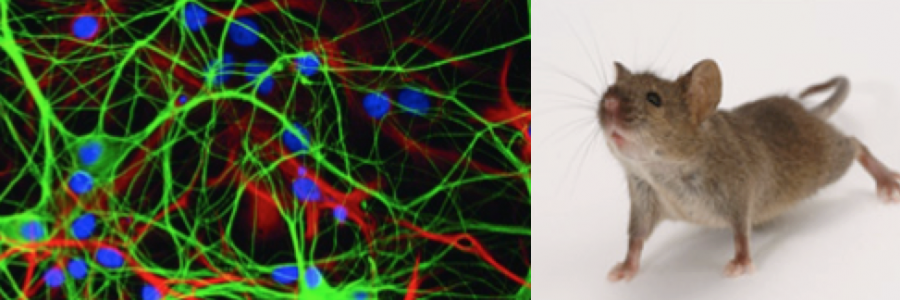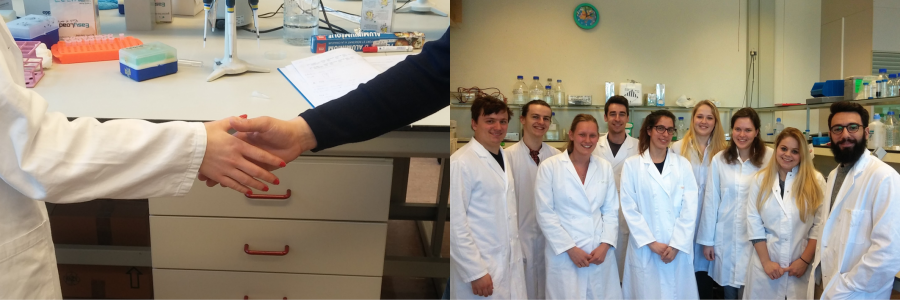Research
We investigate the molecular and cellular mechanisms that underlie the formation and plasticity of synapses and circuitry in animal models of brain disease as well as the human brain.

We investigate the molecular and cellular mechanisms that underlie the formation and plasticity of synapses and circuitry in animal models of brain disease as well as the human brain.

We contribute with our science to the understanding of brain function and disease through publications, at conferences, and by reaching the general public…
Students at MCN contribute to our science…

The MCN department was initiated in 2003 and in its current form has 35 lab members. MCN is partner in the COsyn consortium, the SUN project, and SynGO. MCN is coordinator of the European innovative doctoral program CognitionNet, and is partner in the EU International training network In-Sens.
Collaborative work between the teams of Mark Verheijen (VU-MCN) and Aniko Korosi (UvA-SILS), is recently published in Alzheimer’s and Dementia. The research was mainly performed by Mandy Kater (VU) and Janssen Kotah (UvA), among others, and shows that ‘Early-life stress and amyloidosis share pathogenic pathways involving astrocyte lipid metabolism and the synaptic mitochondrial proteome’.
“We all believe in the importance of a different piece of the puzzle.” prof. dr. Guus Smit says when he explains why this consortium was formed together with 20 other researchers. “It’s about connecting the dots, the cohesion between seemingly different processes underlying the development of dementia from different perspectives. That is what we are looking for in Mechanisms Of DEMentia (MODEM). Because that coherence has to be there. There is no other way.”
A core problem in several dementias is the inability to form new memories and gradual loss of old memories. Funded by a ZonMW open competition grant, the teams of Wiep Scheper (Amsterdam UMC Human Genetics/FGA), Priyanka Rao-Ruiz (VU MCN) and Michel van den Oever (VU MCN) will collaborate to obtain mechanistic insight into memory formation and persistence and how this is disturbed in dementia.